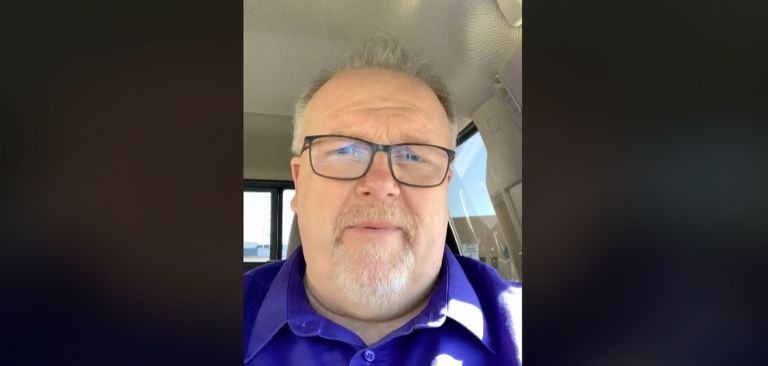Public officials around the world like to use Facebook to make announcements and share their thoughts on issues – however, not all of them are equally fond of receiving critical feedback.
But now a woman in the US state of Kansas has hit back with a lawsuit after her comments posted on her town’s mayor’s Facebook page disappeared.
We obtained a copy of the lawsuit for you here.
Tracy Chambless states in her lawsuit that Scott City, and its mayor, Everett Green, trampled on her rights when a decision was made to delete her comments that were critical of the way the coronavirus epidemic was dealt with.
The filing, a civil rights action, accuses Green and the city of stifling discussion on issues of public importance, thus exercising discrimination against citizens critical of their actions, all in an effort to “control the public discourse.”
Chambless, who is a frequent critic of the city’s authorities, also notes that the mayor previously limited the residents’ options when it comes to present in their complaints. These now have to be in writing, and Scott City residents must schedule and present them personally by appearing before the council.
However, since April 6, the council has been off-limits to members of the public due to the health crisis – without providing an alternative. In her lawsuit, Chambless recalls that the United States Supreme Court in the past recognized social networks like Facebook as providing “perhaps the most powerful mechanisms available to a private citizen to make his or her voice heard.”
With this in mind and the fact that her attempts to react to the city’s policies during the pandemic, and on other issues, have been consistently thwarted with posts and comments removed on Facebook by the mayor as the page’s administrator, Chambless decided to sue.
The case asks for declaratory and injunctive relief and damages in the amount of $75,000, as Scott City and its mayor are accused of violating First Amendment rights of the plaintiff.
The topic of whether or not censorship by government and elected officials on social media does in fact violate US citizens’ First Amendment rights is a hot-button issue and a dilemma that is increasingly brought before US courts, who are yet to achieve anything resembling consensus when interpreting the law on this issue.












